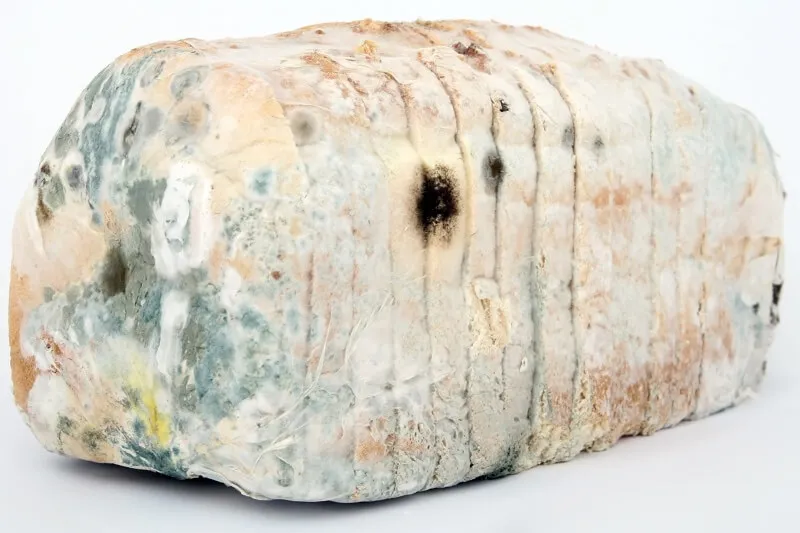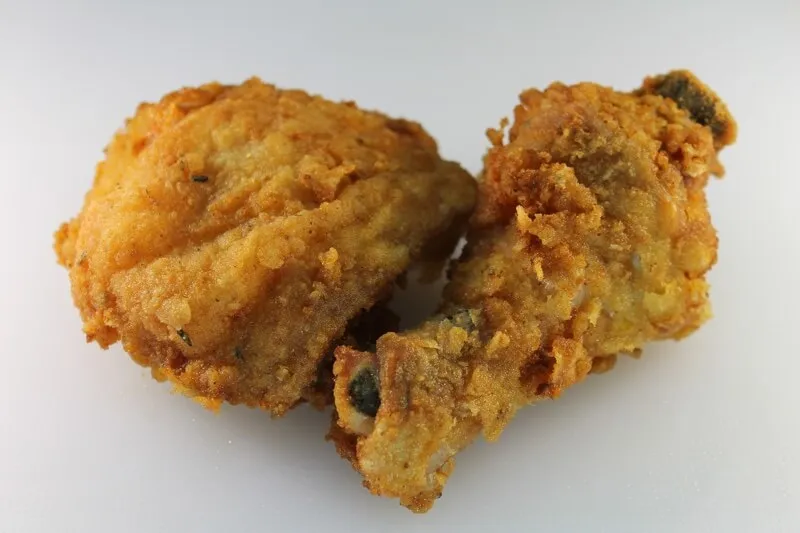As devoted pet parents, we often want to share our meals with our furry companions. However, while some human foods are safe for dogs, many are not, and some can even be dangerous. This is especially true when it comes to meat. Understanding What Meat Not To Feed Dogs is crucial for their health and well-being. This article will delve into specific types of meat and meat-related items that should be strictly avoided to prevent serious health issues.
When considering what meat not to feed dogs, it’s important to remember that their digestive systems are different from ours. They are carnivores, but their bodies are not equipped to handle the same variety of meats or the ways we prepare them. Offering inappropriate meat can lead to a range of problems, from mild digestive upset to severe, life-threatening conditions.
The Dangers of Certain Meats and Meat Preparations
While dogs often enjoy the taste and smell of meat, not all meats are created equal for canine consumption. Certain types of meat, or how they are prepared, can pose significant risks.
Raw or Undercooked Meat and Bones
Many owners believe feeding raw meat is natural and beneficial. However, feeding raw or undercooked meat, including beef, pork, or poultry, carries a high risk of bacterial contamination. Pathogens like Salmonella and E. coli can cause severe gastrointestinal distress in dogs, leading to vomiting, diarrhea, and fever. In some cases, these infections can be life-threatening.

Similarly, feeding cooked bones, especially poultry bones, is extremely dangerous. Cooked bones become brittle and can splinter easily, posing a choking hazard or causing serious internal damage to the esophagus, stomach, or intestines. Raw, appropriately sized bones from certain sources might be safe under strict supervision, but the risk of complications is high, making it a wise choice to avoid them altogether when considering what meat not to feed dogs.
Fatty Meats and Trimmings
While dogs might enjoy the rich taste of fatty meats like bacon, hot dogs, ribs, or fried chicken, these foods are a significant health hazard. High-fat content can lead to digestive upset, causing vomiting and diarrhea. More critically, it can trigger pancreatitis, a painful inflammation of the pancreas that can be severe and require intensive veterinary care. Some breeds, such as Miniature Schnauzers and Yorkshire Terriers, are more predisposed to developing pancreatitis. If you notice your dog exhibiting signs of abdominal pain, hunched posture, or lethargy after consuming fatty foods, consult your veterinarian immediately.

Processed Meats and Seasonings
Processed meats and meat products often contain ingredients that are not suitable for dogs.
Cured and Smoked Meats
Products like ham, jerky, and sausage, while tempting, are often high in salt and preservatives. Excessive sodium intake can lead to sodium ion poisoning, causing symptoms such as increased thirst and urination, vomiting, and diarrhea. Over time, high salt intake can also damage a dog’s kidneys.
Meats with Added Spices and Seasonings
Many common seasonings, such as onion powder and garlic powder, are highly toxic to dogs. As detailed in the original article, onions and garlic, in any form, can damage a dog’s red blood cells, potentially leading to anemia. Even small amounts, especially in powdered form found in many marinades and spice mixes, can be dangerous. Always check the ingredient list of any meat preparation before considering sharing it with your dog. For more information on what food cannot be given to dogs, explore our detailed guide.
Specific Meats to Avoid
Beyond general categories, some specific types of meat warrant special attention.
Pork (Certain Cuts and Preparations)
While lean, cooked pork can sometimes be part of a dog’s diet in moderation, raw or undercooked pork is a significant risk. It can harbor parasites like Trichinella spiralis, which causes trichinellosis, a serious parasitic disease. Cured pork products like ham and bacon are also high in fat and salt, as mentioned earlier. Understanding what meat not to feed dogs includes being aware of the specific risks associated with pork.
Organ Meats in Excess
Organ meats, such as liver, are rich in nutrients. However, feeding them in excessive amounts can lead to a condition called hypervitaminosis A, caused by an overload of Vitamin A. This can result in bone pain, stiffness, and other skeletal abnormalities. While small amounts of cooked liver can be a healthy treat for some dogs, it should be given sparingly and not as a staple.
Other Food Items that May Involve Meat
It’s also important to be mindful of human foods that might contain meat products or ingredients derived from meat that are harmful.
Foods with Xylitol
While not a meat itself, Xylitol is a dangerous artificial sweetener found in many sugar-free products, including some candies and baked goods that might have meat-based ingredients. Xylitol can cause a rapid release of insulin in dogs, leading to hypoglycemia (low blood sugar), seizures, liver failure, and even death. Always check labels carefully for this ingredient. To understand more about what are some things dogs can’t eat, refer to our expanded list.
Spoiled Foods and Garbage
Dogs’ curiosity can lead them to scavenge. Spoiled meats or discarded food in the garbage can contain harmful bacteria, molds, and toxins. Consuming these can lead to severe gastrointestinal upset, food poisoning, or even botulism. It’s crucial to secure garbage bins and dispose of food waste properly to prevent your dog from accessing these hazards. This is a critical aspect of understanding what meat not to feed dogs.

When in Doubt, Consult Your Veterinarian
The safest approach to feeding your dog is to stick to high-quality, commercially prepared dog food formulated for their specific needs. If you wish to supplement their diet with homemade meals or occasional treats, it is absolutely essential to consult with your veterinarian or a certified veterinary nutritionist. They can provide guidance on safe and appropriate ingredients, portion sizes, and preparation methods, ensuring you understand what meat not to feed dogs and how to create a balanced diet.
Remember, a curious dog can find trouble easily. Always store food, especially meats, safely out of reach. If you suspect your dog has ingested something harmful, contact your veterinarian or an animal poison control center immediately. For more information on what is the one meat dogs should not eat or what meat is not good for dogs, you can explore additional resources.
Emergency Contact Information
If you believe your dog has ingested a toxic substance or food, please contact your veterinarian immediately or the ASPCA Animal Poison Control Center at 888-426-4435.

Conclusion
Ensuring your dog’s health begins with understanding their dietary needs and the potential dangers of certain foods. By being informed about what meat not to feed dogs and making conscious choices about their diet, you can prevent serious health issues and help them live a long, happy, and healthy life by your side. Always prioritize safety and consult with professionals when in doubt.
References
- ASPCA Animal Poison Control Center. (n.d.). Retrieved from http://www.aspca.org/pet-care/animal-poison-control
- Dogs and Chocolate Infographic
- 101 Things You Didn’t Know Could Harm Your Pet
- Bloat in Dogs
- What Human Foods Are Best For Dogs
